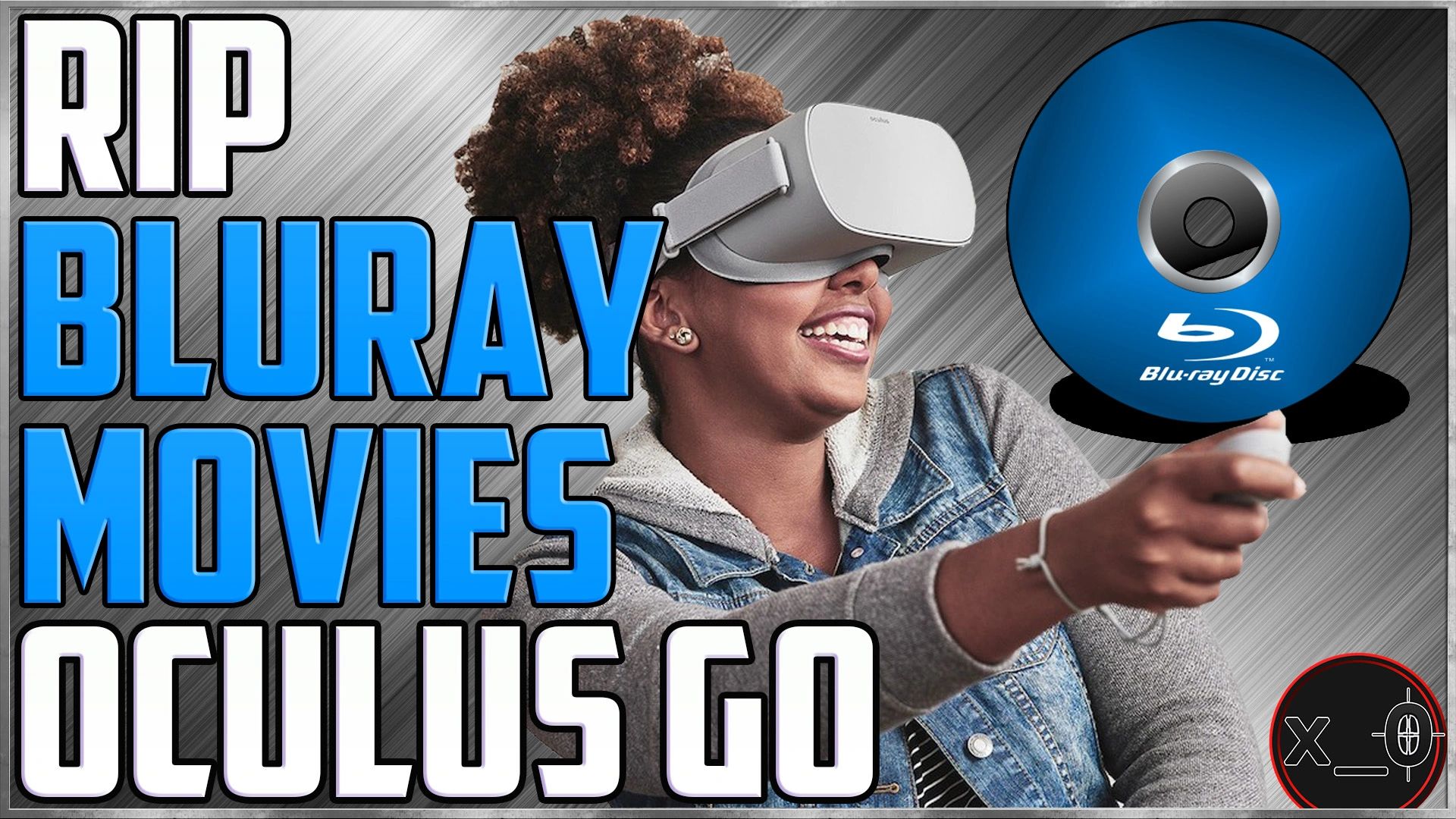

It will then be able to reference those keys when ripping 4K UHD Blu-rays. Copy the text file of hashed keys to that directory and restart MakeMKV. If you require hashed keys, you can download them, then head to MakeMKV's preferences, go to the General tab, and choose a "data" directory for MakeMKV (or make note of the default directory's path). In general, this method is considered outdated, but if you have an older drive that isn't compatible with the newer "LibreDrive" method of ripping, it may still be relevant for you. You can download a list of currently known hashed keys, which you can find through a quick Google search. MakeMKV can't break the copy protection on its own, so you need a hashed decryption key for the disc in question. On some drives, you may need to perform one other step. However, if you have a 4K-friendly drive and want to rip a 4K UHD disc, you'll need to open MakeMKV and see if your drive is compatible with 4K discs-again, see the MakeMKV forum for more information. If you're only ripping traditional Blu-rays, that's all you need to do. Install MakeMKV and open the program, then enter the key when prompted (or enter it later under the Help > Register menu). You can purchase a license for $50 if you want to avoid this annoyance. You just need to use the latest beta key whenever it asks you to register, which is about once a month. Technically, it's only free while in beta, but it's been "in beta" for about 10 years. There are other paid programs that offer more features, like DeUHD and AnyDVD, but we'll be using MakeMKV for this tutorial, since it's free. MakeMKV is a program for Windows, macOS, and Linux that can rip DVD and Blu-ray discs into the versatile MKV video format. I used an LG WH16NS40 with patched firmware for the most recent version of this guide. You can read the most up-to-date drive for flashing new firmware here.

This can be a bit nerve-wracking, but I've done it twice without breaking anything, so it can be done.

You may have to flash custom firmware or roll back to an older firmware version in order to read those 4K discs. If you already have a Blu-ray drive, you can poke around the MakeMKV forums to see if it's usable for 4K Blu-rays, or you can buy one of their recommended drives.

Instead, you will want a regular Blu-ray drive that is considered "4K friendly." Due to their enhanced copy protection, 4K UHD Blu-rays can't be ripped on most 4K Blu-ray drives. If you want to rip 4K UHD Blu-rays, however, your choices are more limited. You can buy an external one that connects over USB, or an internal one for your desktop-either is fine. In order to rip those movies to your PC, you'll need an optical drive in your PC that can read Blu-ray discs-a DVD drive is not enough.


 0 kommentar(er)
0 kommentar(er)
